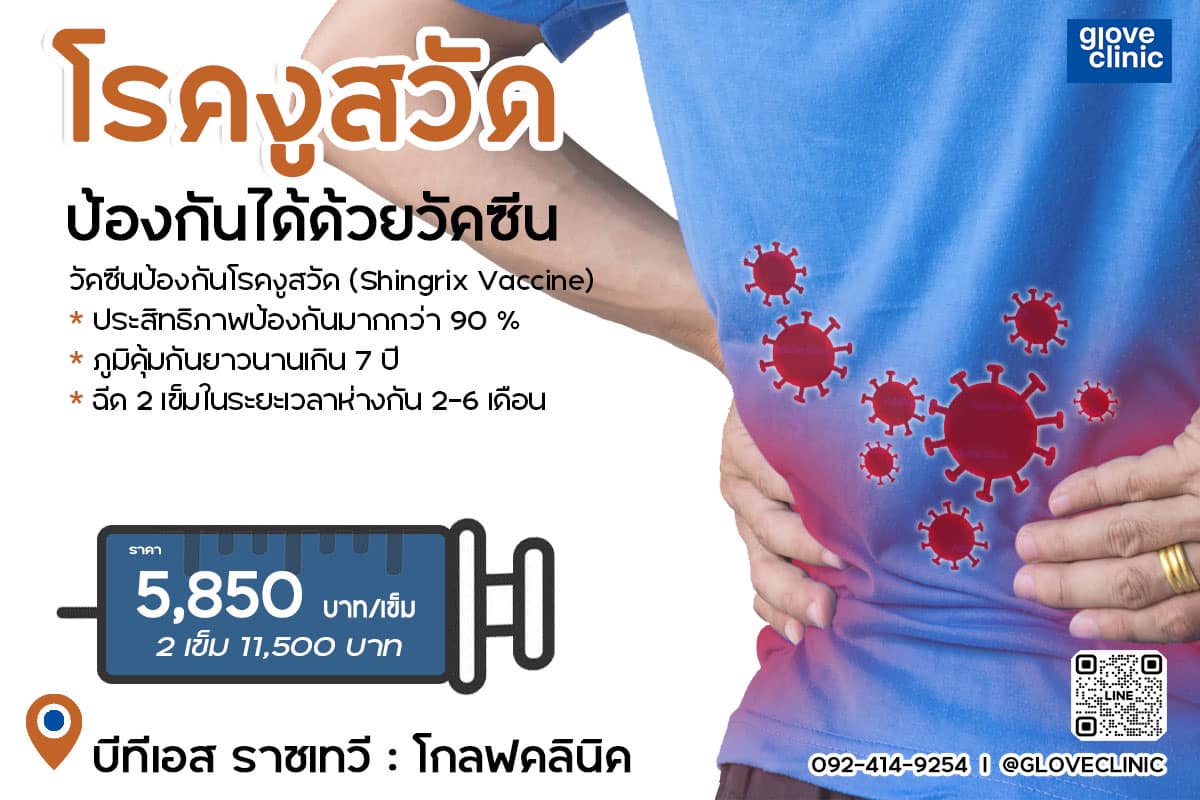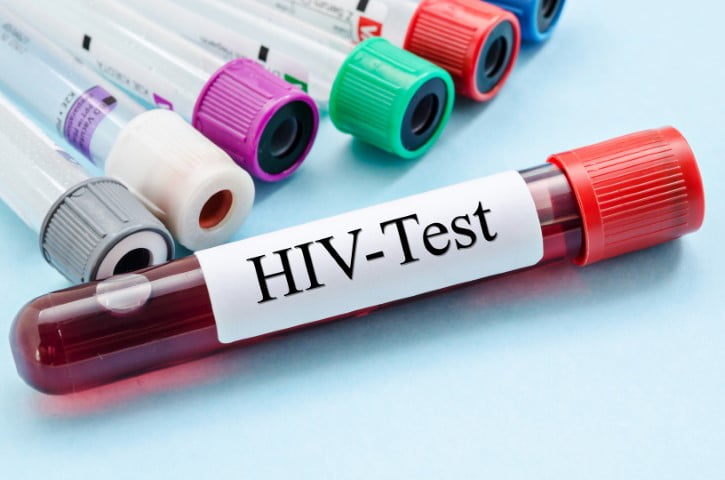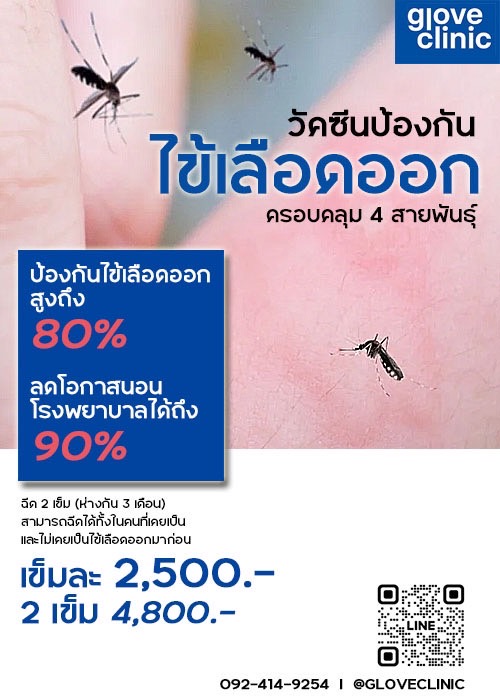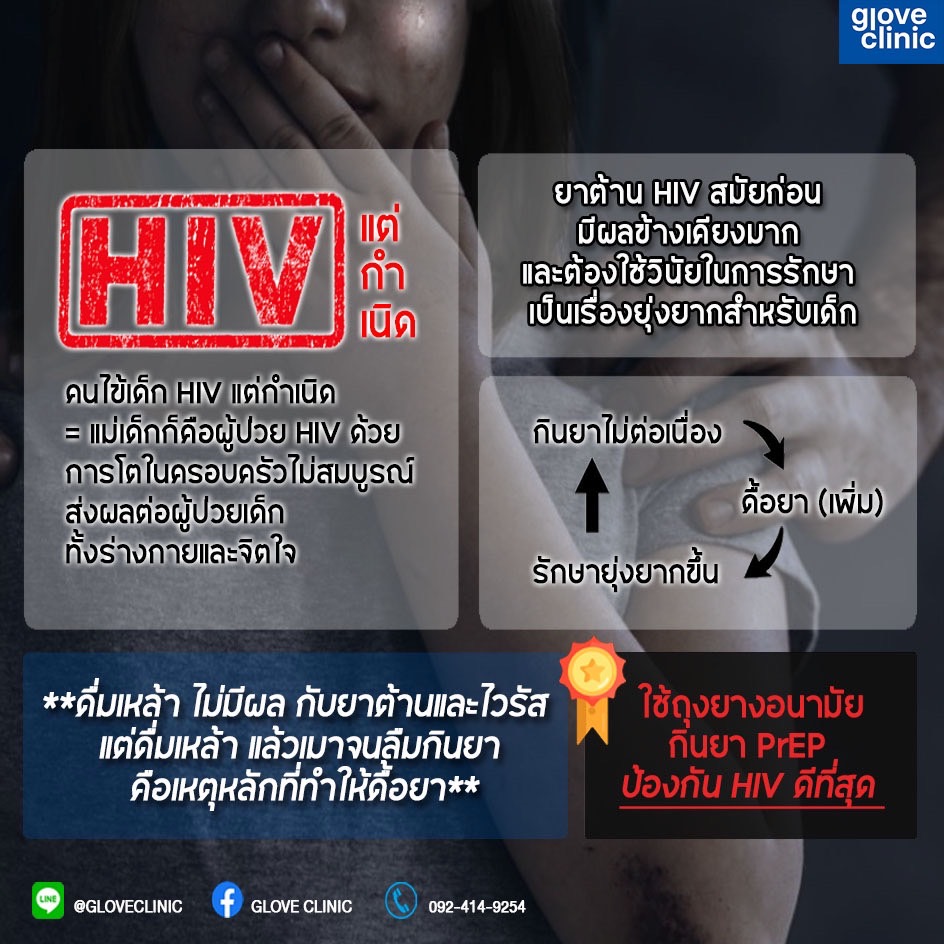294/1 Asia Building (11th Floor), Phyathai, Bangkok
Hepatitis B

What is it?
Hepatitis B is a serious infection of the liver caused by a virus. Symptoms may include tiredness, loss of appetite, stomach discomfort and yellow skin. The virus is found in blood, semen, vaginal fluids and saliva. Hepatitis B is the only sexually transmitted disease that has a safe and effective vaccine to protect against infection.
How did I get it?
There are several ways of getting hepatitis B. One way is by sexual contact with an infected person. Hepatitis B virus is transmitted through blood and body fluids especially through anal sex. Other ways are by sharing personal items (toothbrushes, razors, etc.), and sharing needles or equipment for injection drug use. Healthcare and emergency service workers can get it through needle stick injuries or blood splashes in the eyes, nose, mouth or on broken skin.
What can it do to me?
Most people get better and can no longer pass on the virus. A small number die (less than 1%). Others will always carry the virus and continue to be infectious (able to pass it on to others). They are called “carriers.” Some carriers will go on to have chronic liver disease. Some will develop cancer of the liver.
How is it treated?
There is no specific treatment for hepatitis B. Do not drink alcohol if you have hepatitis. A special diet may be needed if you have severe disease. Your doctor will advise you.
Could I give it to other people?
Yes. As long as you carry the virus, you can infect others. You may pass it on to your sex partner(s), to those who live in close contact with you, and to those who share your needles for injecting drugs. All of these contacts should be examined by a doctor. If they are not yet infected, they should be vaccinated.
Pregnant women who are carriers may pass hepatitis B on to their babies around the time of birth. Most infected infants become carriers. A pregnant woman should have a test for hepatitis B at her first visit to a doctor. If she is a carrier, the infant can be vaccinated at birth to protect against infection.
When can I have sex again?
When you can no longer pass the infection on to others. If you are infectious (a carrier), do not have unprotected sex until your partner is vaccinated.
Is follow-up important?
Yes. It is important to be checked to see if you are still infectious (a carrier). If you are a hepatitis B carrier, you should see your doctor at regular intervals.
Remember:
– Return for check-up visits as your doctor or clinic asks;
– Tell people you have had sex with during the past 6 months. They should be examined, and vaccinated if necessary;
– Use condoms to lower the chance of infections in future;
– If you are carrying the virus, never donate blood, semen or body organs.
Reference: http://www.health.gov.on.ca/en/public/publications/std/hepb.aspx
Make Appointment





Relate content :

HIV Test: Everything You Need to Know for Your Health at Glove Clinic
Worried about HIV symptoms? Find out where to get an HIV Test, understand results, and learn about HIV Treatment options. Get confidential STD testing at Glove Clinic.
Your Guide to Sexual Health Clinics: Everything You Need to Know
Are you seeking information about sexual health clinics? Whether you're looking for routine check-ups, specific treatments, or simply want to learn more about your sexual health, this blog post is here to guide you. We'll discuss what sexual health clinics are, how to choose the right one, and provide a spotlight on sexual health clinics…
ฉีดวัคซีนงูสวัดที่ glove clinic
งูสวัดคือไวรัสชนิดหนึ่ง (Herpes zoster) ซึ่งเป็นเชื้อไวรัสตัวเดียวกันกับอีสุกอีใส (Varicella zoster) เมื่อเราติดเชื้อไวรัสอีสุกใสในวัยเด็กแล้ว ไวรัสสามารถที่จะหลบซ่อนได้ในร่างกายเป็นเวลานานหลายปี จนกระทั่งเมื่อร่างกายอ่อนแอ ไวรัสนั้นจึงออกมาทำให้เกิดอาการตุ่มน้ำใส ปวดแสบร้อนตามบริเวณที่เส้นประสาทต่าง ๆ ของร่างกายซึ่งเรียกกันว่างูสวัด
ตรวจ HIV รีวิวความรู้สำหรับการตรวจเอชไอวี (HIV test)
เอชไอวีคือไวรัสที่สามารถติดต่อได้จากการมีเพศสัมพันธ์, การใช้เข็มฉีดยาร่วมกัน, และการติดจากแม่สู่ลูก เมื่อติดเชื้อไวรัส HIV ไวรัสจะทำให้ภูมิคุ้มกันของร่างกายอ่อนแอลง และติดเชื้อโรคอื่น ๆ ได้ง่าย
ปีนี้มีคนไข้ป่วยด้วยไข้เลือดออกมากกว่า 2-3 ปีที่ผ่านมา
เนื่องจากว่าผู้คนกลับมาใช้ชีวิตปกติ มีการเดินทาง จึงพบการระบาดมากขึ้น โดยจากสถิติของกรมควบคุมโรคพบว่ามีผู้ป่วยด้วยไข้เลือดออกในประเทศไทยเกินกว่า 60,000 รายไปแล้วทั้งปี 2566 ไข้เลือดออกเป็นโรคที่ก่อให้เกิดความรุนแรงได้ทั้งในเด็กและผู้ใหญ่ โดยเฉพาะอย่างยิ่งในคนที่เป็นซ้ำครั้งที่ 2 จะมีโอกาสเกิดภาวะช๊อคและเสียชีวิตได้มากขึ้น (โอกาสเสียชีวิตอยู่ราว ๆ 1:1,000) วัคซีนไข้เลือดออกรุ่นใหม่สามารถครอบคลุมได้ทั้ง 4 สายพันธุ์และทั้งนี้ผลการศึกษาพบว่าช่วยป้องกันการติดเชื้อได้ถึง 80% และลดโอกาสการนอนโรงพยาบาลได้ถึง 90% นอกจากนี้ยังสามารถฉีดได้ทั้งในคนที่เคยและไม่เคยเป็นไข้เลือดออกมาก่อน (วัคซีนไข้เลือดออกรุ่นเก่าไม่ควรฉีดในคนที่ยังไม่เคยเป็นไข้เลือดออก) สอบถามข้อมูลเพิ่มเติมเรื่องวัคซีนไข้เลือดออกได้ที่ 092-414-9254, Line Official @gloveclinic (มีแอดข้างหน้า)
